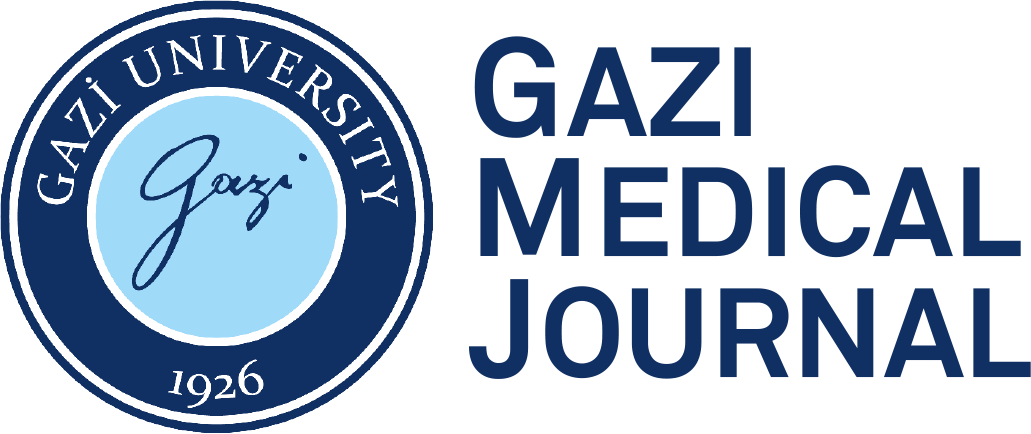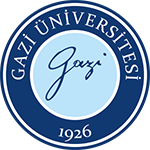ABSTRACT
Introduction:
Chronic obstructive pulmonary disease (copd) is a devastating lung disease which could be related with systemic consequences. Chronic comorbidities either develop independently or in association with systemic manifestation could lead increase morbidity or mortality in copd. thyroid gland dysfunctions are also a comorbidity that can accompany copd patients. This study was undertaken to study to show the distribution of thyroid hormone dysfunction in the setting of exacerbation in patients with Copd.
Methods:
A group of 105 hospitalized copd patients were included to this cross-sectional study to evaluate the thyroid hormone dysfunction in the setting of exacerbation in patients with Copd.
Results:
We Included 105 patients to the study,but 26 individuals were excluded due to the effect of steroid use on thyroid functions and one for sick euthyroid syndrome with low t4 serum levels.the patients were stratified into 2 subsets according to tsh concentrations:sick euthyroid syndrome and normal euthyroid function.32% of patients had normal euthyroid function,68% of them were sick euthyroid syndrome.We observed significant decrease of both po2 and pco2 in sick euthyroid syndrome patients(po2: 53.35mmhg±10.55 vs. and 61.24mmhg±12.36 patients with normal thyroid function;p=0,022; pco2: 39.35mmhg±8.08 vs. and 47,88mmhg±13.96 patients with normal thyroid function; P=0,017).
Conclusion:
We found low pO2 and pCO2 in patients with NTIS compared to patients with normal thyroid function.This results are some similarities with the arterial blood gas values of patients with hypothyroidism.pO2 was low in both hypothyroidism and NTIS .But we found lower pCO2 which was different from hypothyroid COPD patients.Lowering pCO2 can be the compansation of the body from hypoxic conditions.



